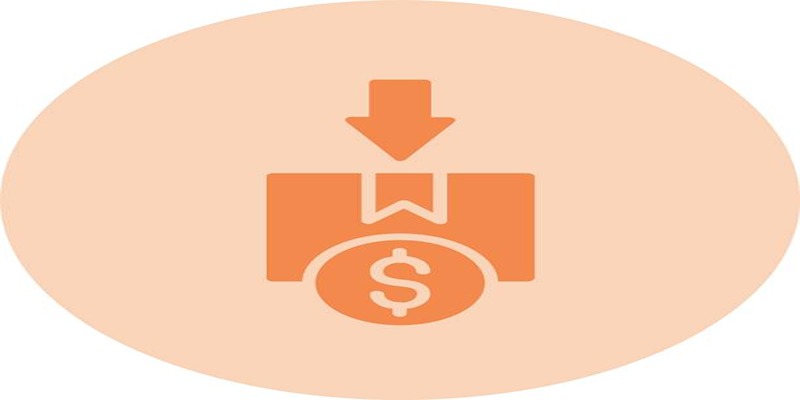Social Security taxes are an important part of funding retirement benefits, but many people wonder what happens to these taxes after they turn 70. Even if you're still working past this age, Social Security taxes continue to be taken from your paycheck. Understanding how these taxes contribute to the system and whether they impact your benefits can help you better plan for your financial future during retirement and beyond.
What Are Social Security Taxes?

Social Security taxes are funds collected from your earnings under the Federal Insurance Contributions Act. Employers and employees typically each pay 6.2% of wages earned, up to the taxable wage cap for the year, matched by an additional 1.45% for Medicare. Self-employed individuals contribute the combined amount of 15.3% under the Self-Employment Contributions Act (SECA).
These taxes are used to fund the Social Security program, which provides retirement benefits, disability insurance, and survivor benefits to eligible workers and their families.
How Social Security Taxes Work Post-Retirement
Social Security taxes don’t automatically stop at retirement or when you reach a specific age, such as 70. If you're still earning income from wages or self-employment, you're still required to pay Social Security and Medicare taxes regardless of your age.
The key factor here is earned income. If you’re receiving passive income from sources like pensions, annuities, or investments, you don’t pay Social Security tax on that income. However, if you’re working part-time, consulting, or running a business, you’ll pay these taxes like any other working adult.
What Happens to Social Security Taxes After Age 70?
1. If You're Still Working
After the age of 70, you continue to pay Social Security taxes on earned income. However, there’s a major difference compared to earlier years of your work life:
- No Earnings Limitations: Before you turn your full retirement age (typically 66 or 67, depending on your birth year), your Social Security benefits might be reduced based on your earnings. However, once you reach the full retirement age, you can work and earn as much as you want without your benefits being penalized.
- Additional Credit Toward Benefits: If you're still contributing to Social Security at 70, your earnings can be used to recalculate your benefits. Social Security uses your 35 highest-earning years to determine your benefit amount. If your current earnings are higher than past years within this period, your benefits may increase, even after age 70.
2. If You’ve Started Taking Benefits
If you’ve already started collecting Social Security benefits before age 70, any Social Security tax paid after this point does not directly add to or reduce your benefit amount. Once you’ve locked in your benefit, it remains unchanged except for adjustments like cost-of-living increases or income thresholds that affect taxation on your benefits.
Here's how Social Security benefits are taxed for individuals and couples filing jointly:
- If your combined income is $25,000–$34,000 ($32,000–$44,000 for couples), up to 50% of your benefits might be taxable.
- For combined incomes over $34,000 ($44,000 for couples), up to 85% of your benefits might be taxable.
3. If You’ve Deferred Your Benefits
One major decision retirees face is whether to start taking Social Security benefits at full retirement age or delay them for higher payments. If you’ve deferred benefits until age 70, your monthly payments increase by approximately 8% each year you postpone collecting, up to age 70.
Once you start taking benefits at 70, any ongoing Social Security contributions won’t apply to further delaying benefits since that’s the cap for increased payments. You’ll still contribute through taxes if you’re working, but deferring past 70 has no financial advantage.
Does Social Security Ever Stop Withholding Taxes From Your Paycheck?
Social Security taxes are systematically deducted from your earned income for as long as you work, regardless of your age. The only time these taxes stop is when you stop working or retire from all employment that generates earned income.
If you're self-employed, you’ll continue to pay both employer and employee portions through SECA until you fully retire.
Considerations for Social Security Taxes After 70
Taxable Wage Caps
Each year, Social Security sets a taxable wage base, representing the maximum earnings subject to the 6.2% Social Security tax. For example:
- The wage base for 2024 is $160,200. Earnings above this threshold are not subject to the Social Security tax. Medicare, however, remains uncapped and still applies to all earnings.
Medicare Considerations
While Medicare taxes also continue beyond age 70, higher-earners may be subject to an Additional Medicare Tax of 0.9% for incomes exceeding $200,000 ($250,000 for joint filers).
Social Security Tax Exemptions
- Certain pensions from government employers may be exempt from contributing to Social Security taxes if they paid into other retirement systems.
- International workers who’ve paid into their home country’s social security system may qualify for special agreements that prevent dual taxation.
Maximizing Financial Stability After 70

For retirees and older workers, understanding Social Security taxes is just one piece of the financial puzzle. Here are some tips to help you make the most of your earnings and benefits:
- Plan Your Income Strategy: Work with a financial planner to assess your income sources and estimate your tax liabilities.
- Consider Tax-Advantaged Accounts: If you’re still working, contributing to tax-advantaged accounts such as IRAs or 401(k)s can help minimize taxable income while bolstering your savings.
- Keep an Eye on Adjustments: Social Security benefits are adjusted annually for inflation through cost-of-living adjustments (COLA). Make sure to monitor these changes as they can impact your benefit amount and tax obligations.
- Stay Within Tax Regulations: Ensure you’re filing your taxes properly, especially when multiple income sources are involved. Consulting with a tax professional can prevent costly mistakes.
Conclusion
Planning for Social Security benefits requires careful consideration and proactive management of your finances. By understanding the rules, making strategic decisions, and staying informed about updates, you can maximize your benefits and secure your financial future. Always consider seeking advice from qualified professionals to ensure you are making the best choices for your unique situation. Proper preparation and knowledge can make a significant difference in achieving long-term stability and peace of mind.












